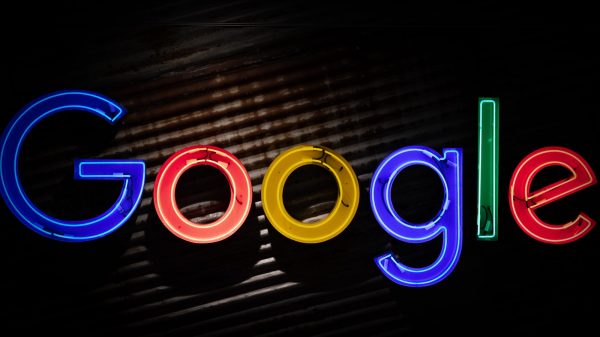Imagine buying a new Android phone and having the option to choose DuckDuckGo as your search engine right from the set up screen or being able to use Razorpay to pay for in-app purchases. These are some of the possible outcomes if the Competition Commission of India’s (CCI) latest orders against Google’s Android and Play Store are implemented.
In this MediaNama Briefing, we will dive into the impacts of these orders on smartphone manufacturers, app developers, consumers, and on Google itself.
Title: Impact of CCI orders on Android & Google Play Store
Date: November 11, 2022
Time: 3:00 – 5:00 pm IST
You can attend this call for a one-time fee of Rs. 750.
- After payment, you will be redirected to the registration form
- If you are a MediaNama subscriber, access to briefings is included as part of your subscription – you will receive a link to register for the call in your inbox directly
- If you face an issue with either, write to us at hello@medianama.com
What we will cover
Through this discussion, we are going to examine:
- What are the primary concerns that app developers have against app stores?
- What changes must Google make to Android and Play Store policies?
- How will these changes impact smartphone manufacturers?
- Will there be a rise in Android forks, and if so, will fragmentation of Android harm developers and consumers
- How will the changes impact Indian app developers? Will they be able to avoid Google’s hefty commissions
- What does it mean for consumers? Will they see lower prices for in-app purchases?
- Will these changes affect the security of users on Android?
- Why is CCI not considering Apple iOS as part of the same relevant market as Google Android?
- How are the CCI orders different from similar decisions dealt with globally?
- What are some grounds that Google can challenge both these orders on?
In case you know someone who might be interested, please share the link for the passes with them.
The session will begin at 3 pm with a presentation, explaining key points and implications of these policy changes, followed by a Q&A session, in which attendees can ask questions and/or debate issues.





























